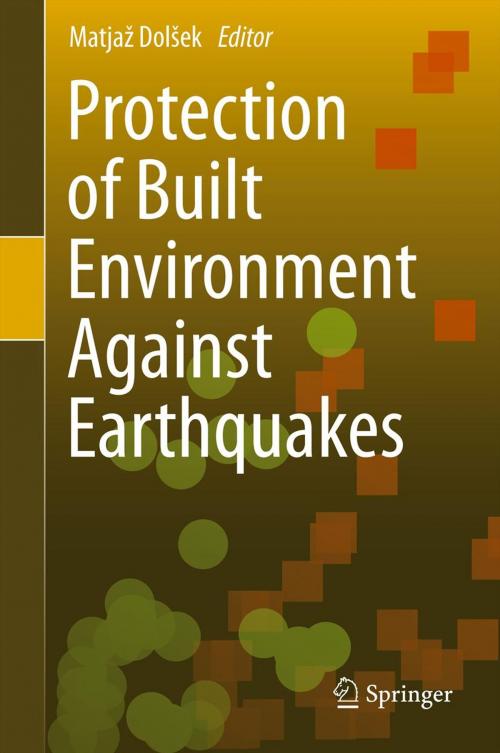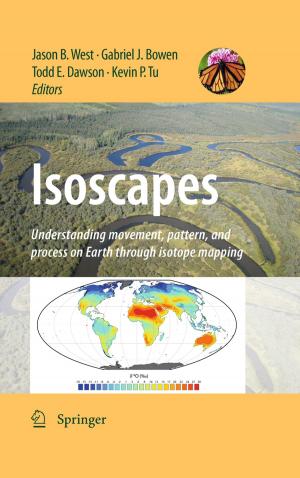Protection of Built Environment Against Earthquakes
Nonfiction, Science & Nature, Technology, Engineering, Civil, Science, Earth Sciences| Author: | ISBN: | 9789400714489 | |
| Publisher: | Springer Netherlands | Publication: | August 16, 2011 |
| Imprint: | Springer | Language: | English |
| Author: | |
| ISBN: | 9789400714489 |
| Publisher: | Springer Netherlands |
| Publication: | August 16, 2011 |
| Imprint: | Springer |
| Language: | English |
Current knowledge and state-of-the-art developments in topics related to the seismic performance and risk assessment of different types of structures and building stock are addressed in the book, with emphasis on probabilistic methods. The first part addresses the global risk components, as well as seismic hazard and ground motions, whereas the second, more extensive part presents recent advances in methods and tools for the seismic performance and risk assessment of structures. The book contains examples of steel, masonry and reinforced concrete buildings, as well as some examples related to various types of infrastructure, such as bridges and concrete gravity dams. The book's aim is to make a contribution towards the mitigation of seismic risk by presenting advanced methods and tools which can be used to achieve well-informed decision-making, this being the key element for the future protection of the built environment against earthquakes.
Audience:
This book will be of interest to researchers, postgraduate students and practicing engineers working in the fields of natural hazards, earthquake, structural and geotechnical engineering, and computational mechanics, but it may also be attractive to other experts working in the fields related to social and economic impact of earthquakes.
Current knowledge and state-of-the-art developments in topics related to the seismic performance and risk assessment of different types of structures and building stock are addressed in the book, with emphasis on probabilistic methods. The first part addresses the global risk components, as well as seismic hazard and ground motions, whereas the second, more extensive part presents recent advances in methods and tools for the seismic performance and risk assessment of structures. The book contains examples of steel, masonry and reinforced concrete buildings, as well as some examples related to various types of infrastructure, such as bridges and concrete gravity dams. The book's aim is to make a contribution towards the mitigation of seismic risk by presenting advanced methods and tools which can be used to achieve well-informed decision-making, this being the key element for the future protection of the built environment against earthquakes.
Audience:
This book will be of interest to researchers, postgraduate students and practicing engineers working in the fields of natural hazards, earthquake, structural and geotechnical engineering, and computational mechanics, but it may also be attractive to other experts working in the fields related to social and economic impact of earthquakes.















